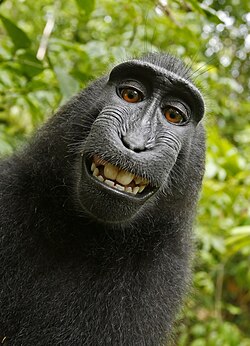This article may be too long to read and navigate comfortably. When this tag was added, its readable prose size was ~13,900 words.(January 2026) |

Since the launch of Wikipedia in 2001, it has faced several controversies. Wikipedia's open-editing model, which allows any user to edit its encyclopedic pages, has led to concerns such as the quality of writing, the amount of vandalism, and the accuracy of information on the project. The media have covered controversial events and scandals related to Wikipedia and its funding organization, the Wikimedia Foundation (WMF). Common subjects of coverage include articles containing false information, public figures, corporations editing articles for which they have a conflict of interest, paid Wikipedia editing and hostile interactions between Wikipedia editors and public figures.[ citation needed ]
Contents
- Overview
- Editing restrictions
- Controversies
- 2000s
- 2010s
- 2020s
- See also
- References
- Further reading
- Legal citations of Wikipedia
- Wikipedia and juries
The Seigenthaler biography incident [2] led to increased media criticism of the reliability of Wikipedia. The incident dates back to May 2005, with the anonymous posting of a hoax Wikipedia article containing false and negative allegations about John Seigenthaler, a well-known American journalist. In March 2007, Wikipedia was again the subject of media attention with the Essjay controversy, which involved a prominent English Wikipedia editor and administrator, who claimed he was a "tenured professor of religion at a private university" with a "Ph.D. in theology and a degree in canon law" when in fact he was a 24-year-old who held no advanced degrees. [3] [4]
The 2012 scandals involving paid consultancy for the government of Gibraltar by Roger Bamkin, a Wikimedia UK board member, [5] [6] and potential conflicts of interest have highlighted Wikipedia's vulnerabilities. [5] The presence of inaccurate and false information, as well as the perceived hostile editing climate, have been linked to a decline in editor participation. [7] Another controversy arose in 2013 after an investigation by Wikipedians found that the Wiki-PR company had edited Wikipedia for paying clients, using "an army" of sockpuppet accounts that purportedly included 45 Wikipedia editors and administrators. [8] [9] In 2015, the Orangemoody investigation showed that businesses and minor celebrities had been blackmailed over their Wikipedia articles by a coordinated group of fraudsters, again using hundreds of sockpuppets. Controversies within and concerning Wikipedia and the WMF have been the subject of several scholarly papers. [10] [11] This list is a collection of the more notable instances.














